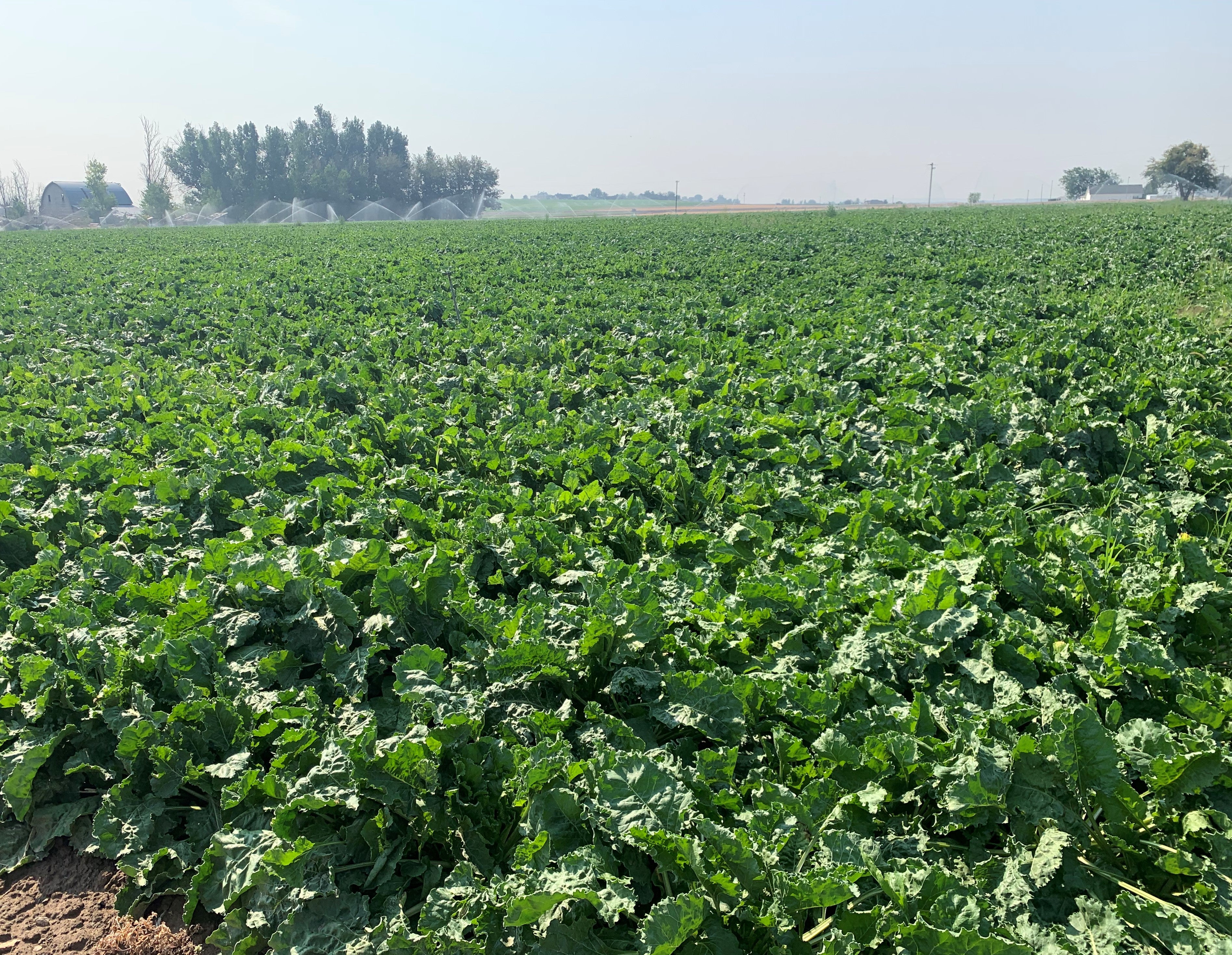Haga clic aquí para leer sobre este estudio en Español

It is estimated that over 80% of farmworkers in the United States (US) identify as Hispanic/Latino. Previous studies have reported high levels of occupational pesticide exposure among Latinx farmworkers, which may be exacerbated by additional psychosocial threats to their health, such as housing and food insecurity, discrimination, and lack of social support. Previous work has shown that Latina farmworkers in particular may face additional stressors, including economic discrimination and inequities in the distribution of childcare and domestic responsibilities.
While evidence suggests that female farmworkers may have higher rates of acute pesticide poisoning than their male coworkers, few studies have compared pesticide exposure among males and females recruited from the same populations. This problem is amplified due to the increasing proportion of females in the agricultural workforce in the US and worldwide. For example, the percentage of women working in agriculture in the US has steadily risen in recent decades from 21% in 2001 to 32% in 2016.

This pilot study, funded by the Pacific Northwest Agricultural Safety and Health Center (PNASH), examines pesticide exposure and risk perceptions among 60 male and female Latinx farmworkers. The research team aims to recruit 30 male and 30 female Latinx farmworkers, including 10 pesticide applicators, from April-June, 2022. They will collect urine samples to assess exposure to a range of agricultural pesticides that are commonly used on crops grown in Idaho. They will also administer surveys and interviews to assess factors such as participants’ perceptions of pesticide risk, availability of properly fitting Personal Protective Equipment (PPE), and barriers to increasing protection from pesticides.
This project is being led by a multi-disciplinary research team at Boise State University, including Dr. Hyland and Dr. Curl, as well as Dr. Lisa Meierotto (School of Public Service, Global Studies and Environmental Studies Program), and Dr. Rebecca Som Castellano (Department of Sociology). Students working on this research include Alejandra Hernandez (Senior, Health Sciences Major) and Yasmín Estrella (Senior, Global Studies Major). The research team is collaborating with various community partners, including the Idaho Organization of Resource Councils (IORC) and the St. Luke’s mobile health clinics to recruit participants, and with Dr. Carolina Viera (World Languages) and her SCIENTIA program to develop effective science communication materials to return results to participants and organizations serving farmworkers.
Project Results and Questions
Read about the project results here. If you have any questions about the study or are interested in learning more, please contact the Principal Investigator Dr. Carly Hyland at chyland@berkeley.edu.